As a developing economy, India has numerous developmental aspirations. How India meets these goals without worsening the climate crisis is at the heart of CSTEP's work. Addressing climate change and enabling a secure and sustainable future for Indian citizens require an overhaul of previous paradigms on development and resource utilisation. This is reflected in our work on developing low-carbon trajectories for development with an emphasis on nature-based solutions.
We are working with state governments across India to build capacity on risk and vulnerability assessments to inform their respective action plans on climate change. The transition from fossil fuels to renewable energy is crucial to achieving a secure and sustainable future. CSTEP's studies explore the possibility of a greater integration of renewables in the energy sector.
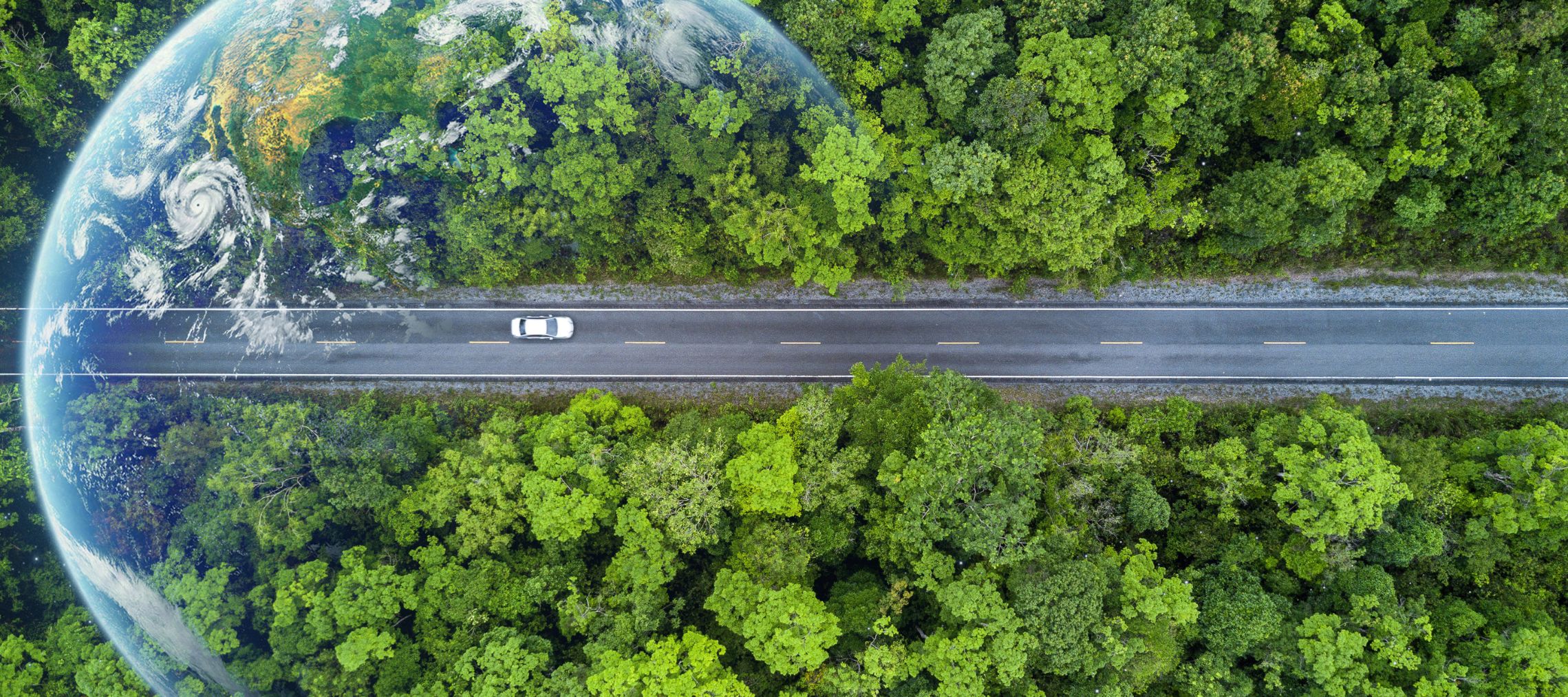
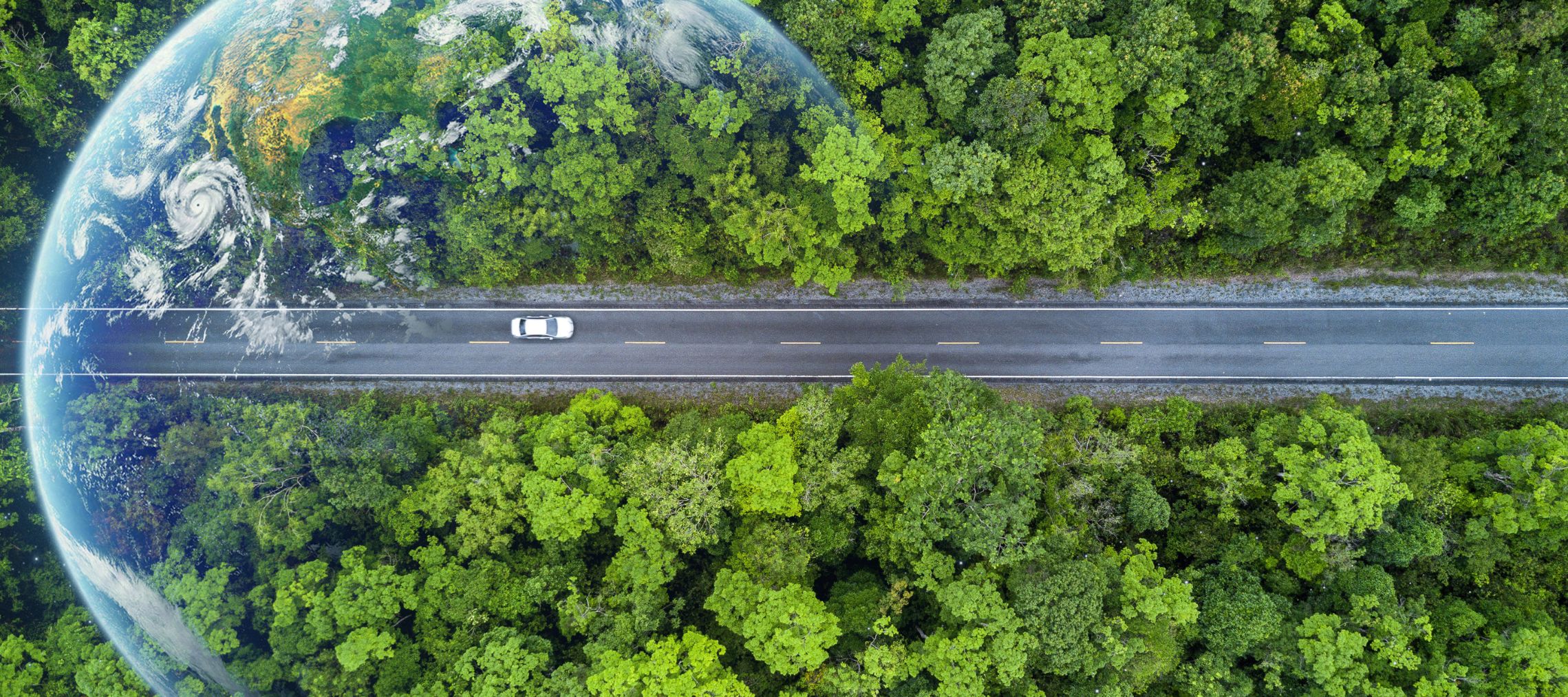
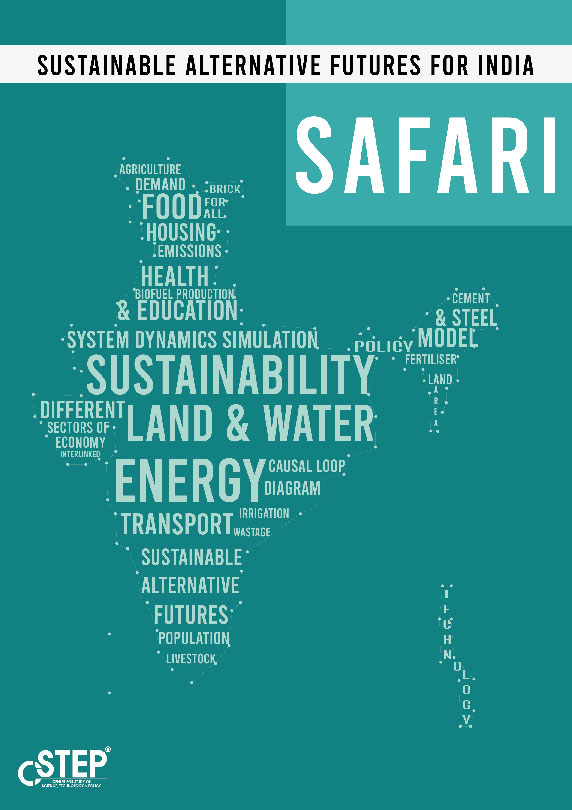
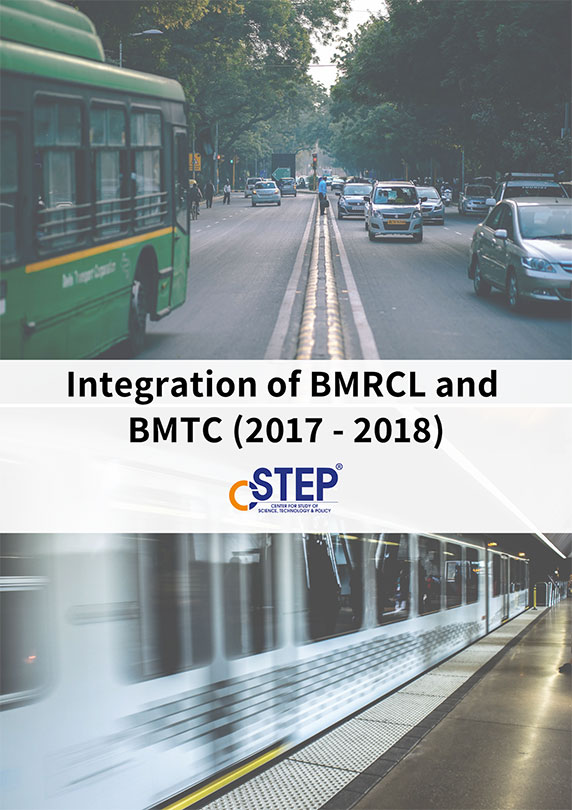
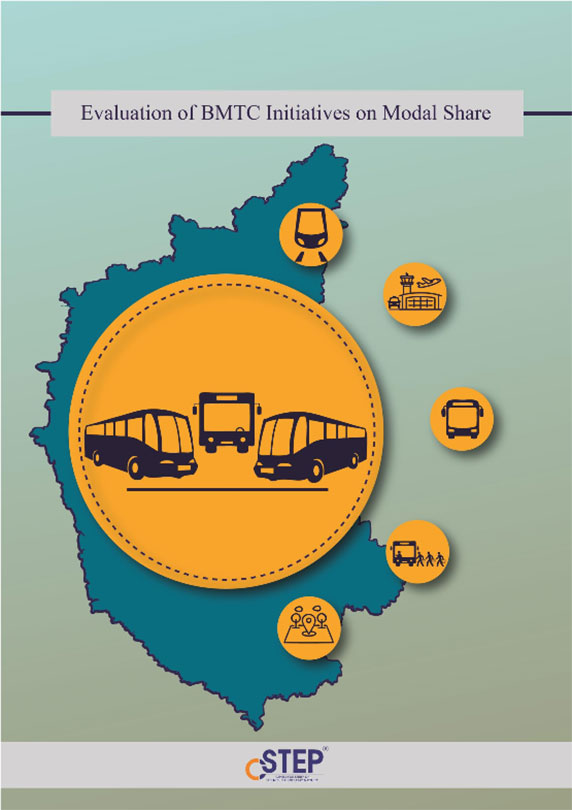
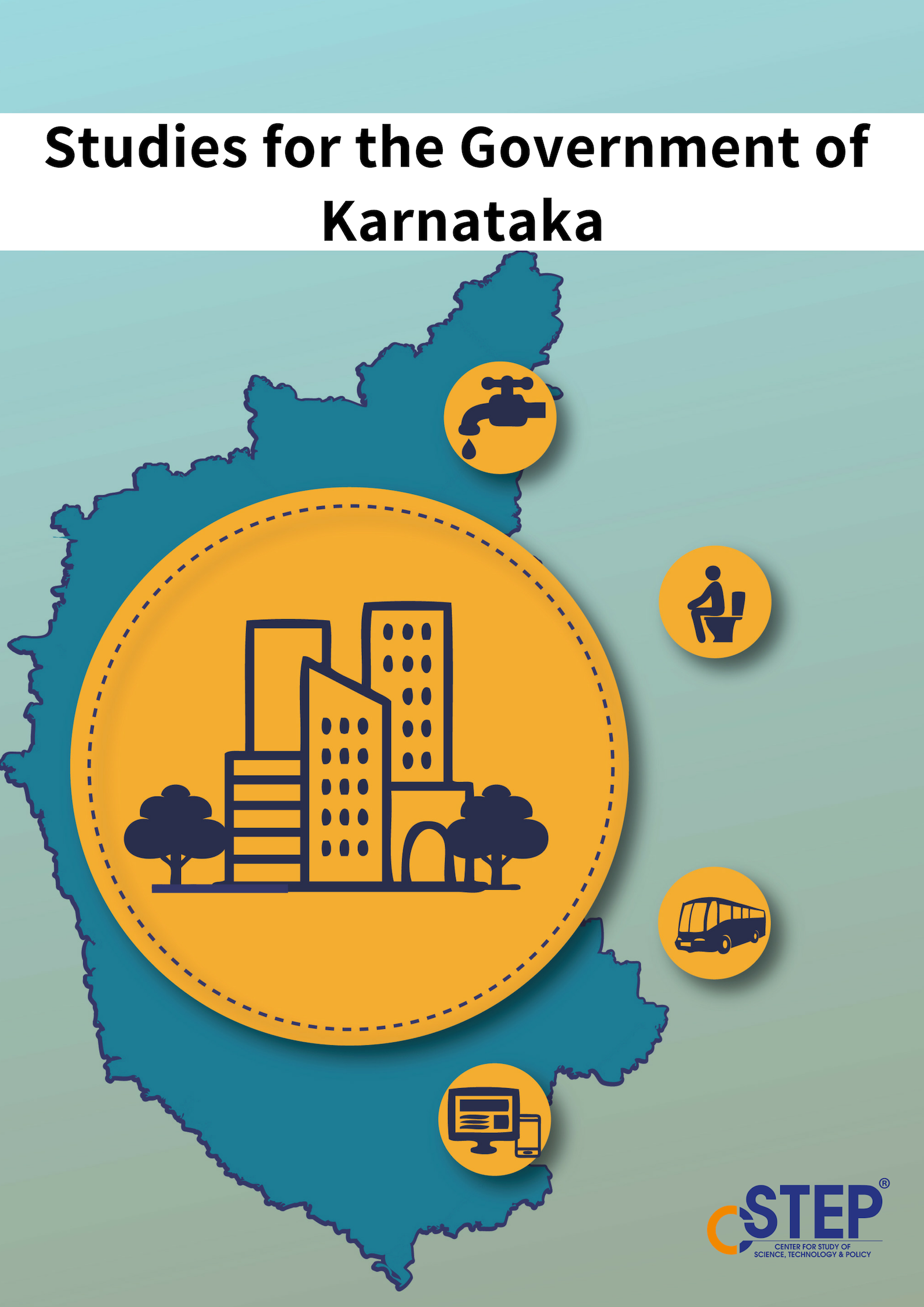

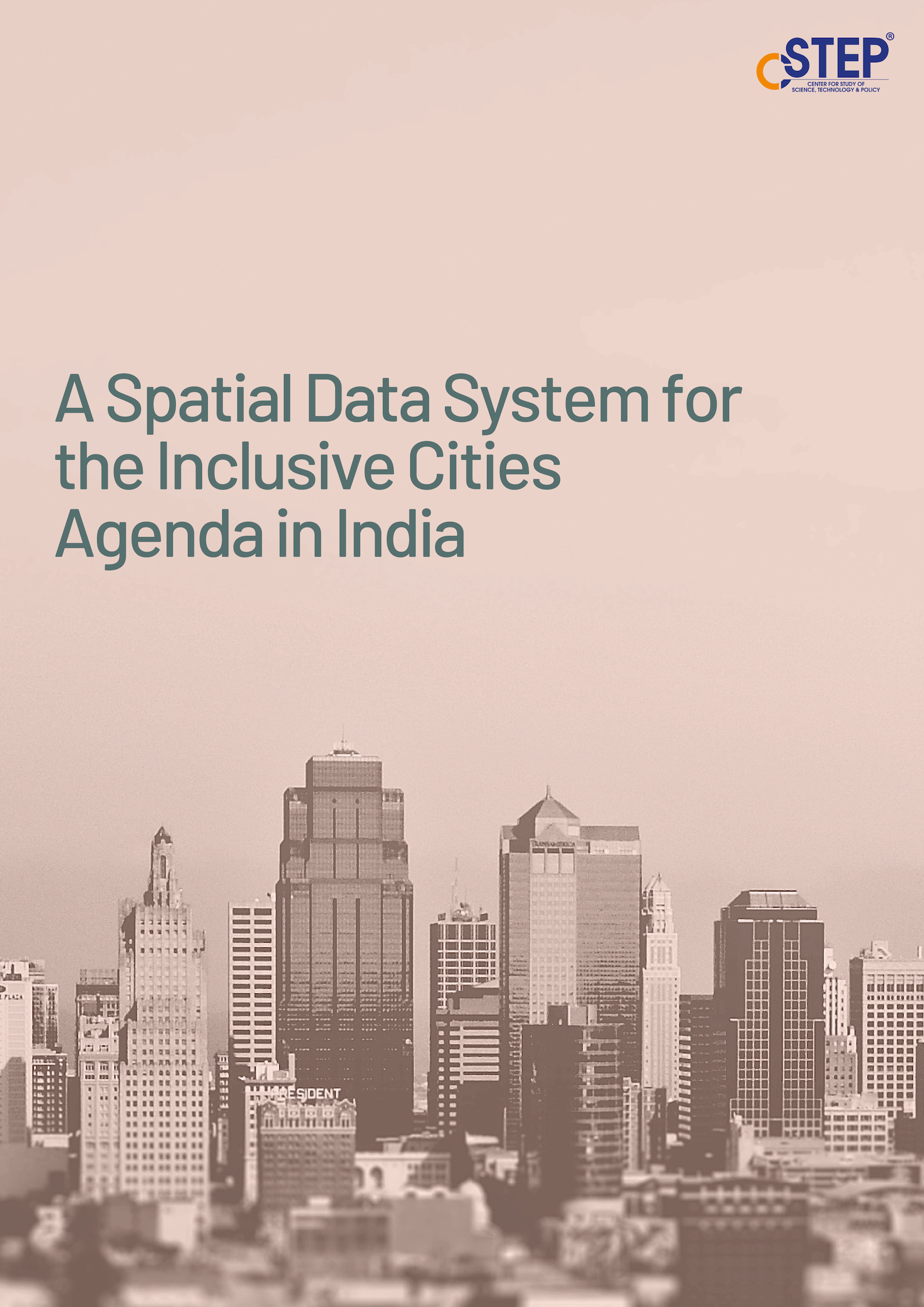
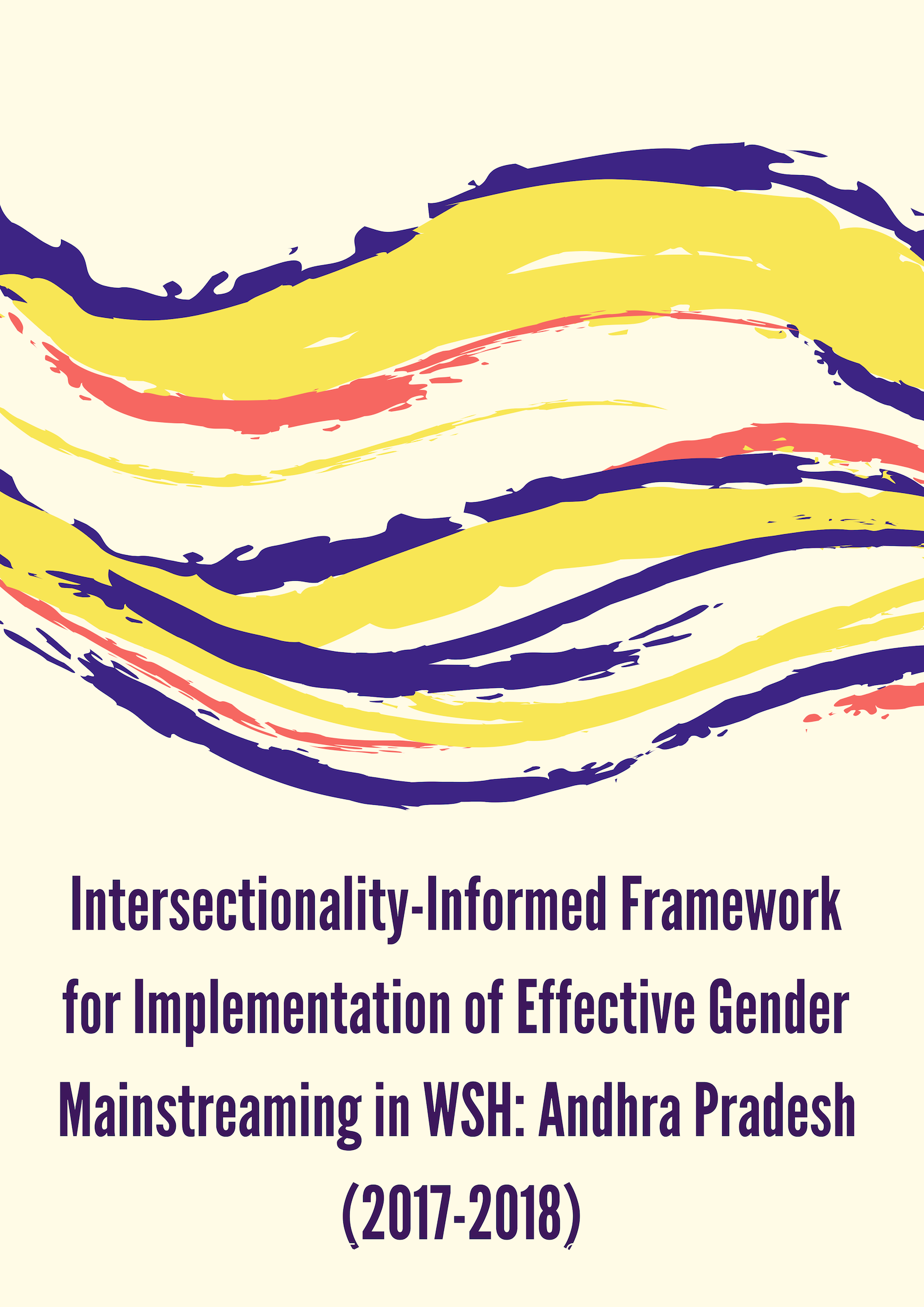
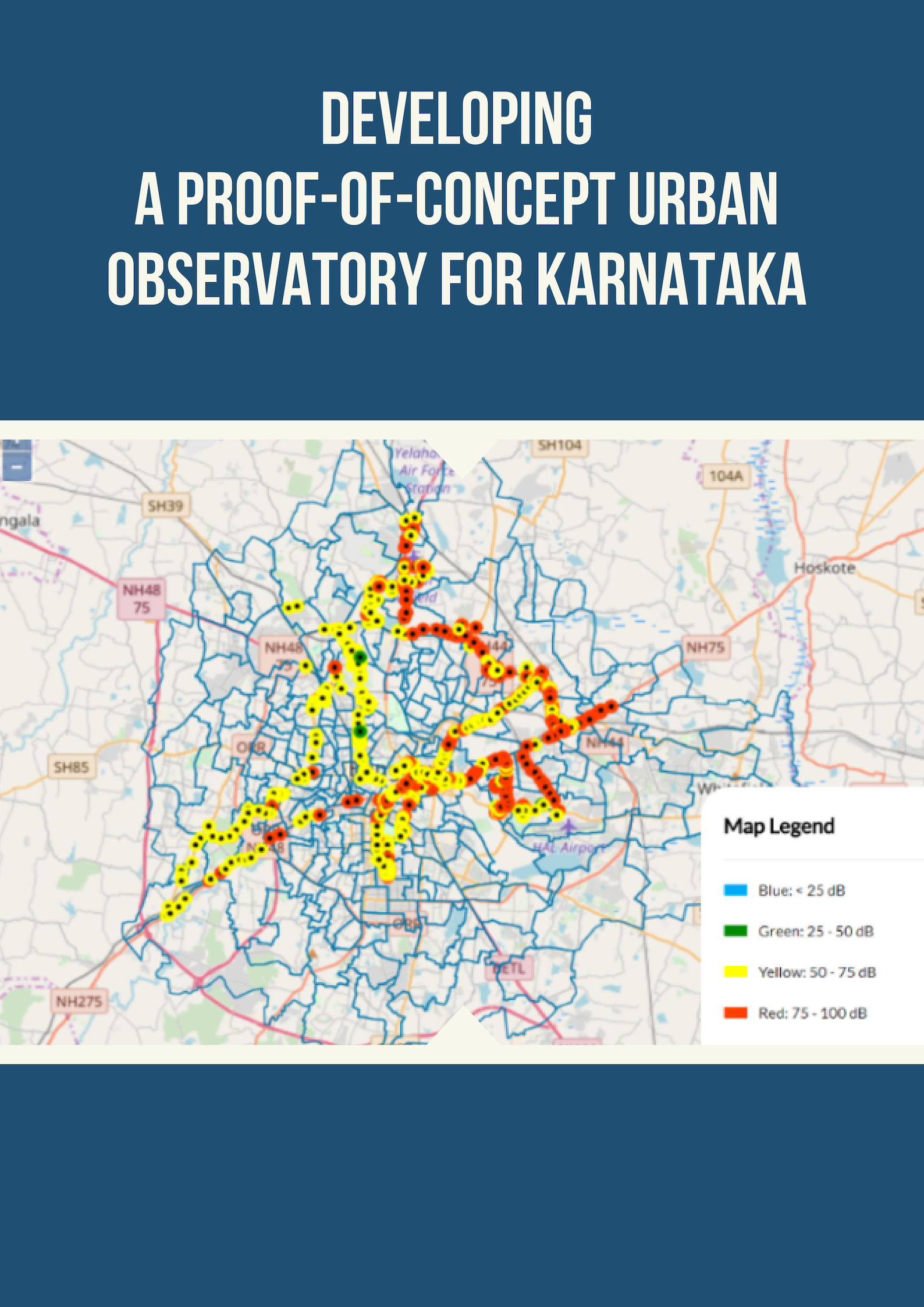
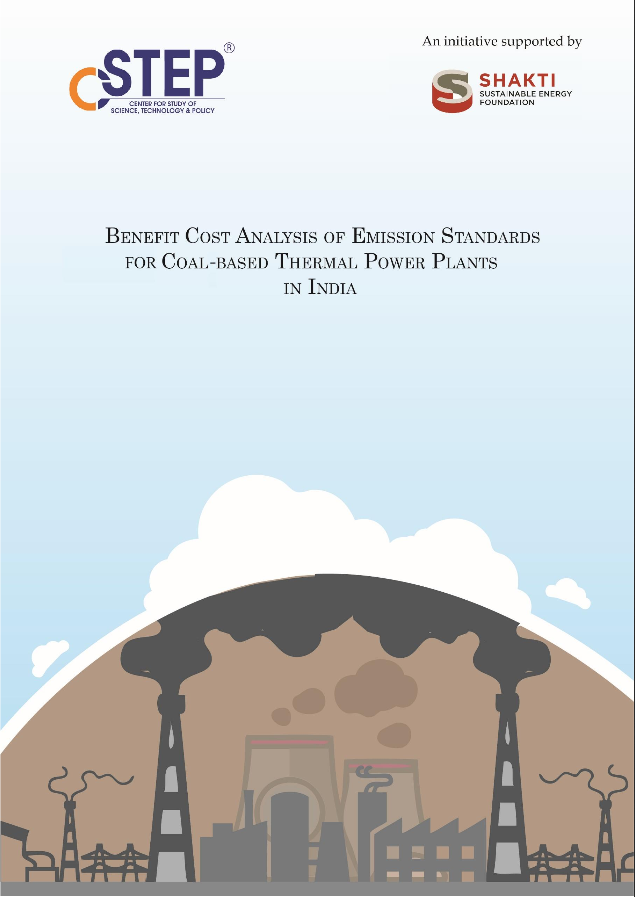


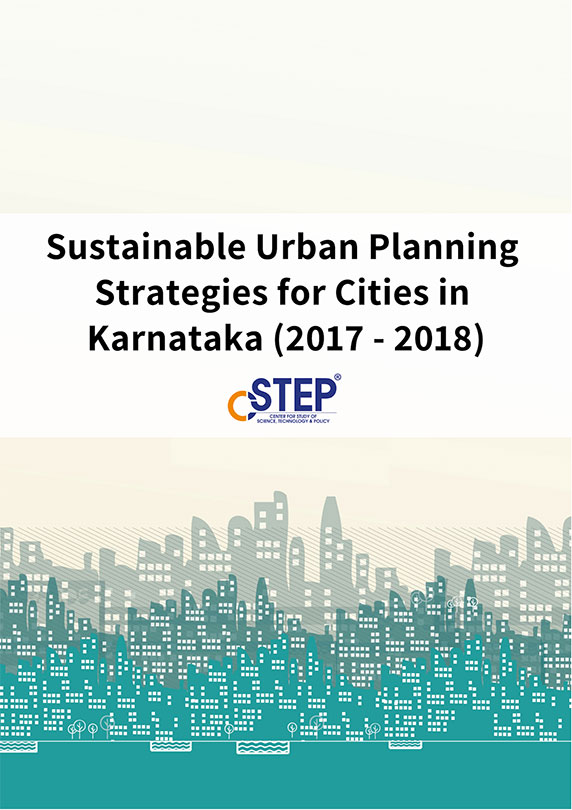




Customised Interventions Needed for Air-Pollution Mitigation in Non-Attainment Cities
In line with strong emerging evidence on how air pollution affects human health, the World Health Organisation (WHO), in its latest guidelines, has recommended more stringent limits for all key air pollutants to protect populations worldwide. It also says that almost 80% of deaths related to PM₂.₅—the most hazardous pollutant for public health—could be prevented if the current air pollution levels were reduced to those proposed in the updated guidelines.
India's Food Systems: Approach to be Reimagined
In food, there is hope. September’s United Nations Food Systems Summit, the first of its kind, brought many international players, including farmers and agricultural experts, together to re-emphasise the need to strengthen and improve food systems (Figure 1
